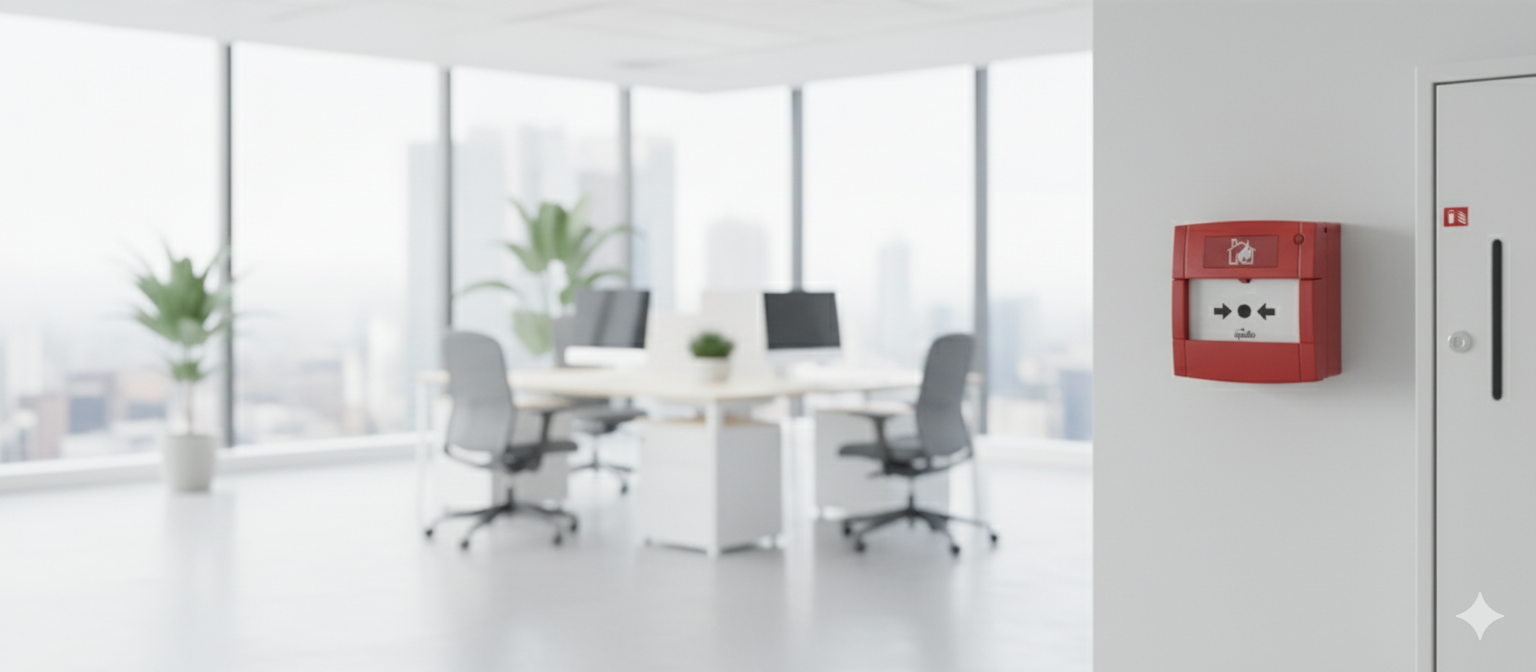
Your Essential Guide to Fire Safety & Compliance
Welcome to the Pinks Fire Safety blog – your go-to resource for staying informed, compliant, and safe. We bring you the latest insights into fire risk assessments, crucial legislation updates, practical fire safety tips, and guidance specifically tailored for landlords, businesses, and property owners across Dorset & Somerset.
Whether you're looking to understand new regulations, enhance your property's safety, or simply stay ahead of the curve, our expert articles are designed to provide clear, actionable information. Explore our posts and empower yourself with the knowledge to protect your people and your property.

Protecting Sherborne’s Heritage: Essential Fire Safety Steps for Historic Commercial Properties
Sherborne is blessed with a wealth of beautiful, old buildings—from medieval coaching inns and independent High Street shops to the historic school campuses. While charming, these properties often pose complex challenges for fire safety that modern buildings do not.
If you are the Responsible Person for a commercial property, guesthouse, or HMO within the DT9 postcode, your standard Fire Risk Assessment (FRA) must go deeper than simply checking extinguishers.

Fire Safety for Weymouth's Unique Properties: From Seafront Hotels to Granby Industrial Estate
Weymouth, with its iconic beachfront, bustling harbour, and diverse range of businesses, presents a unique set of challenges and responsibilities for fire safety. From the seasonal influx of tourists staying in hotels and holiday lets to the daily operations of industrial units, ensuring legal compliance and occupant safety is paramount. At Pinks Fire Safety, our locally-focused team understands the specific demands of the DT3 and DT4 postcode areas, providing accredited Fire Risk Assessments (FRA) and certified Fire Door Inspections (FDI) tailored to Weymouth's distinct property landscape.

New Fire Safety (England) Regulations 2022: What Responsible Persons Need to Know Now
Staying Compliant Just Got More Detailed: The 2022 Regulations Explained
The landscape of fire safety in England has seen significant updates, particularly with the introduction of The Fire Safety (England) Regulations 2022. These regulations, which came into force on 23 January 2023, are a direct outcome of the Grenfell Tower Inquiry recommendations and aim to enhance fire safety in buildings containing two or more sets of domestic premises.

Beyond Aesthetics: Why Regular Fire Door Inspections are Non-Negotiable
Your First Line of Defence: Fire Doors are More Than Just Doors
Often blending seamlessly into the background, fire doors are critical components of a building's passive fire protection system. They are designed to do one crucial job: contain fire and smoke, providing vital escape time for occupants and protecting the structure of the building. But like any safety equipment, they are only effective if they are properly maintained and regularly inspected.
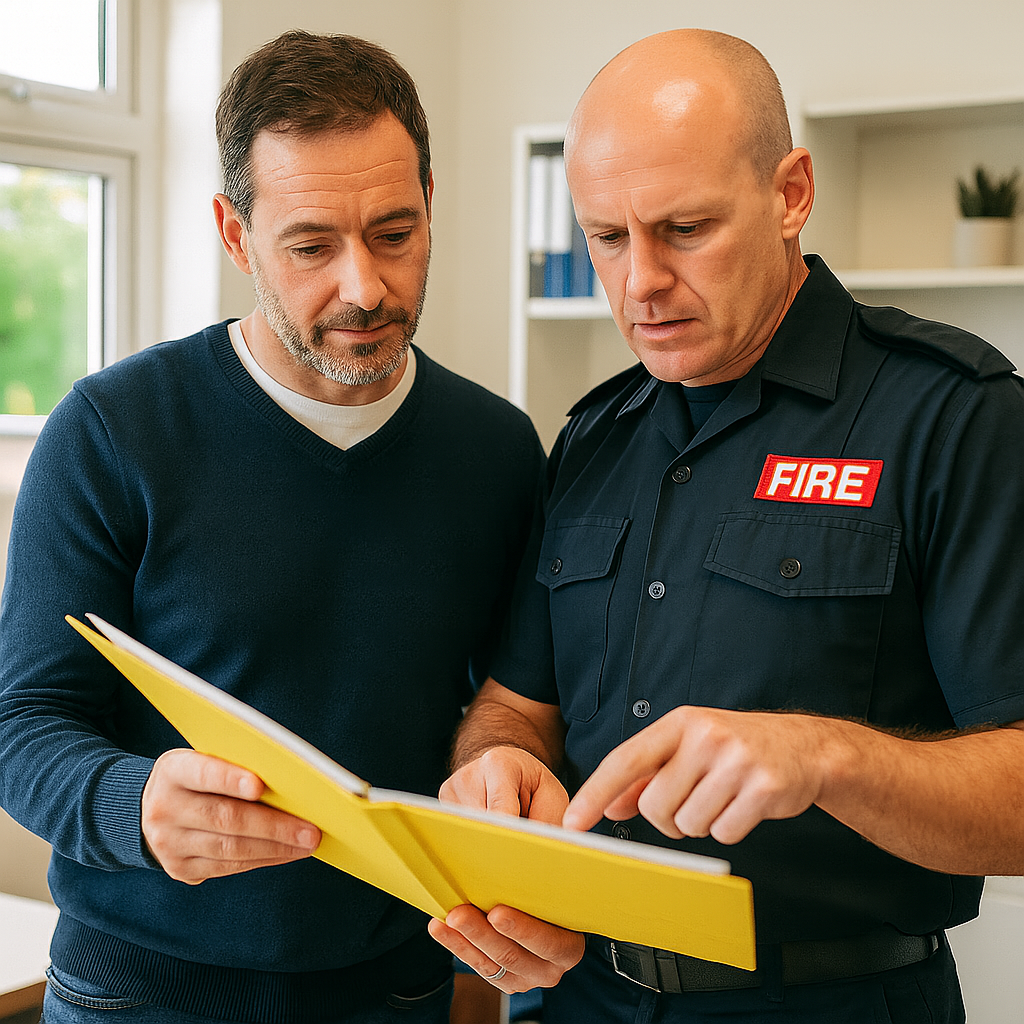
Fire Safety Audits—What to Expect and How to Prepare
Fire audits are typically carried out by the local fire authority or a third-party provider to ensure that your premises comply with fire safety legislation.
What Inspectors Look For
A current fire risk assessment
Records of fire alarm and emergency lighting tests
Fire door condition reports
Staff training documentation
Fire extinguisher service records
Electrical installation condition report (EICR)
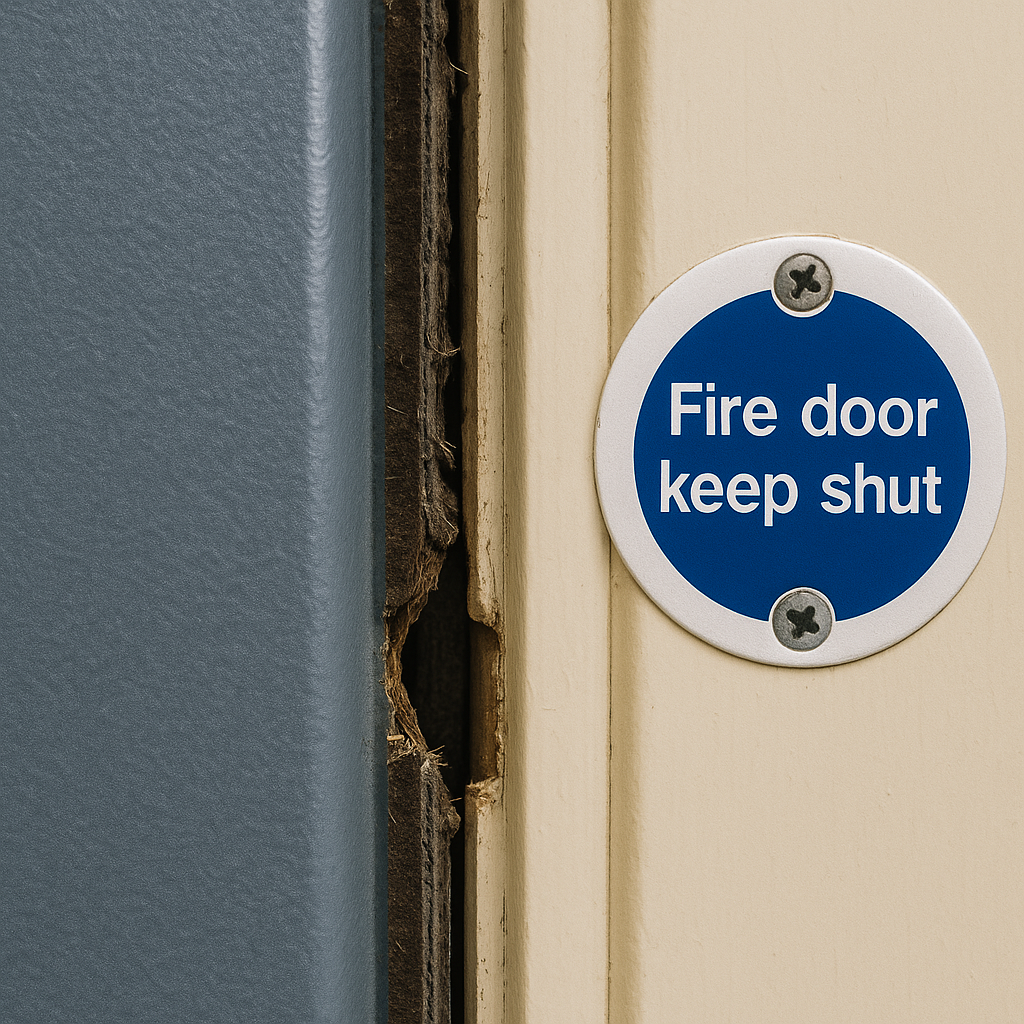
Common Fire Door Failures Found in Dorset Businesses
Most Common Fire Door Failures
Excessive Gaps: Gaps larger than 4mm around the edges or 8mm at the base compromise the door’s integrity.
Faulty or Missing Closers: Without a functioning closer, the door may not shut properly.
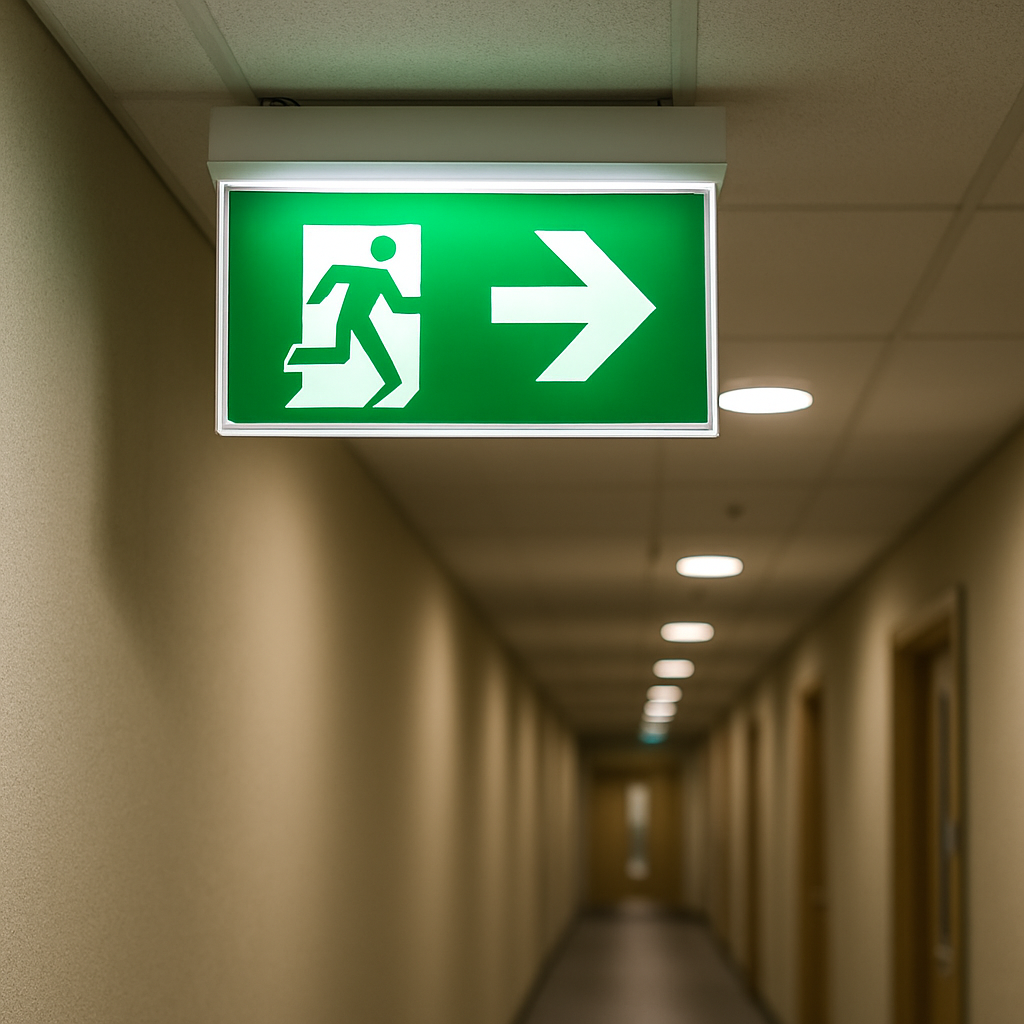
The Role of Fire Safety Signage in Emergency Situations
Why Signage Matters
Fire safety signage guides people to safety. Without it, even the best evacuation plans can fail.
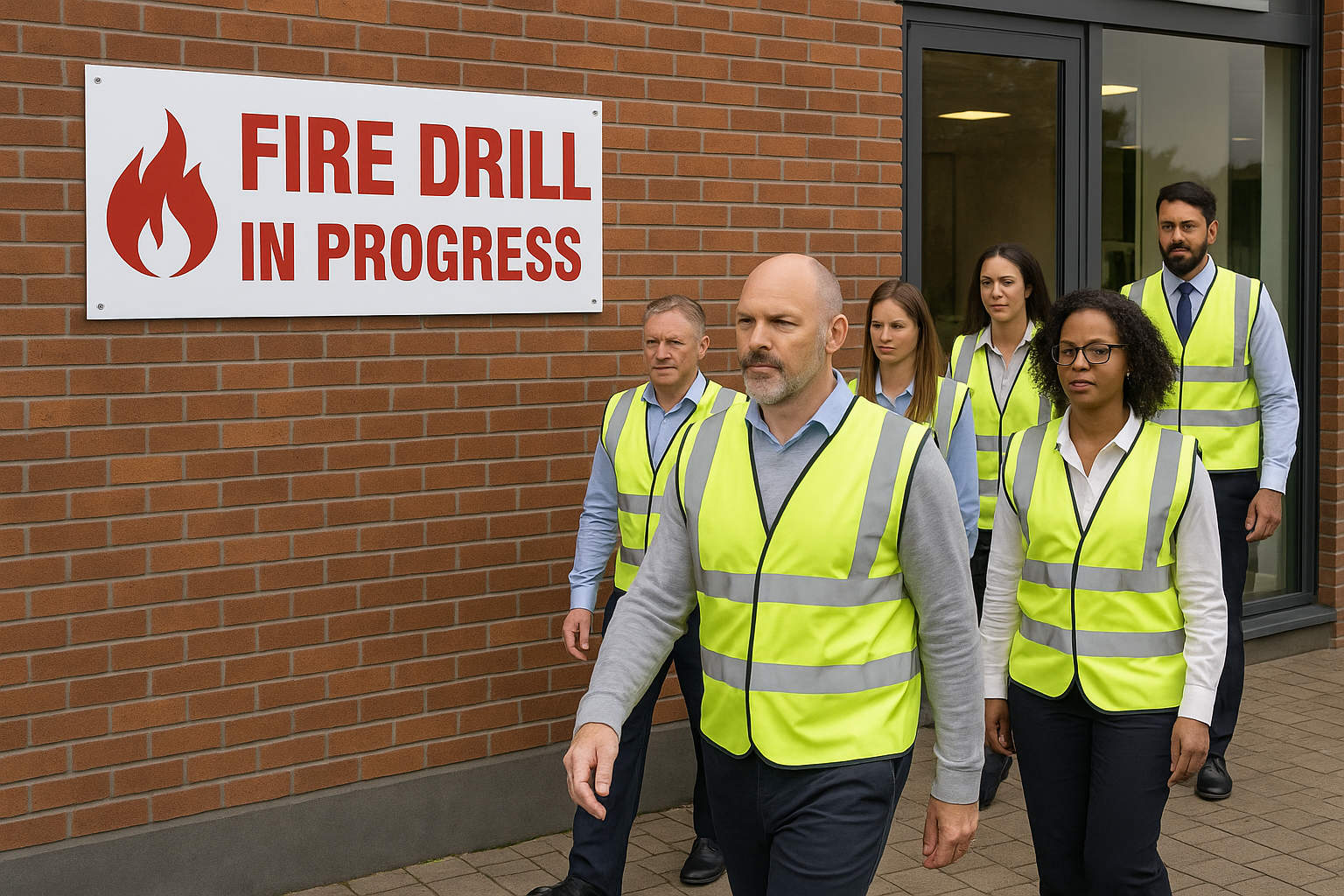
Emergency Evacuation Planning for Dorset Offices
What Is an Emergency Evacuation Plan?
An emergency evacuation plan outlines how occupants should leave a building in case of fire or other emergencies. It’s a legal requirement under the Fire Safety Order and should be specific to your premises.
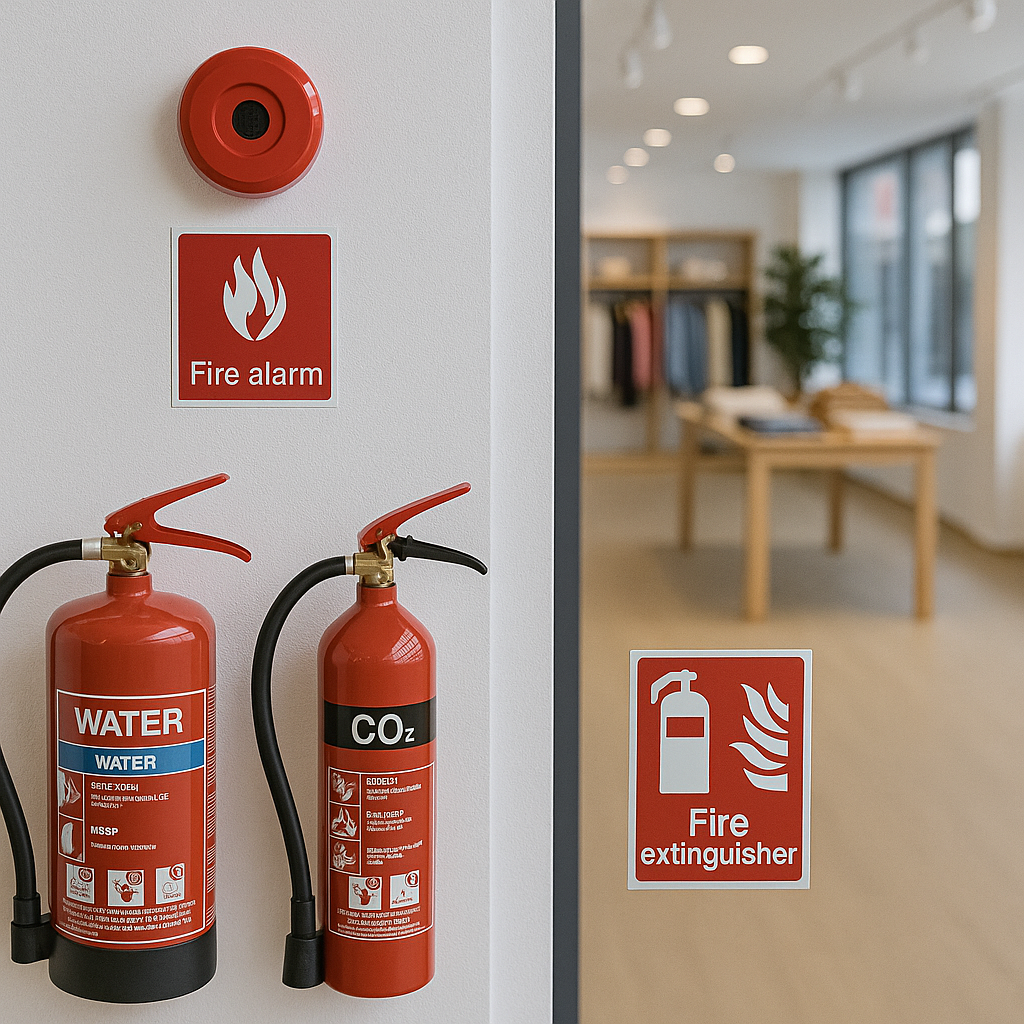
Why Fire Risk Assessments Are Critical for Dorset Offices & Retail Units
Whether you're operating a high street retail shop in Poole or running a corporate office in Yeovil, as a business owner you have a legal duty to protect occupants and property from fire. Under the Fire Safety Order 2005, the responsibility falls to the 'Responsible Person' to ensure a suitable and sufficient fire risk assessment is in place. This applies no matter how few staff you have.

How to Inspect Fire Doors Properly in Hotels and Flats
Fire doors are not just any doors. They are a crucial part of a building's passive fire protection system. Properly installed and maintained fire doors help contain fires, protect escape routes, and give people more time to evacuate. In blocks of flats, hotels, care homes, and other multi-occupancy buildings across Dorset, fire doors are especially vital.

The Importance of Regular Fire Risk Assessments in Dorset
Fire safety is not just a box to tick—it’s a legal requirement and a vital part of protecting your people, premises, and reputation. Under the Regulatory Reform (Fire Safety) Order 2005, every non-domestic premises in England, including those in Dorset, Yeovil, and Taunton, must carry out a "suitable and sufficient" fire risk assessment. The findings must be documented, no matter how few employees you have.
Full Fire Risk Assessment Compliance Guidance
Do you have questions about the law? Need to understand the PAS-79 or BS 9792:2025 process?
We've compiled all necessary legal details, step-by-step guides, and frequently asked questions on our dedicated Fire Risk Assessment Guidance page.
